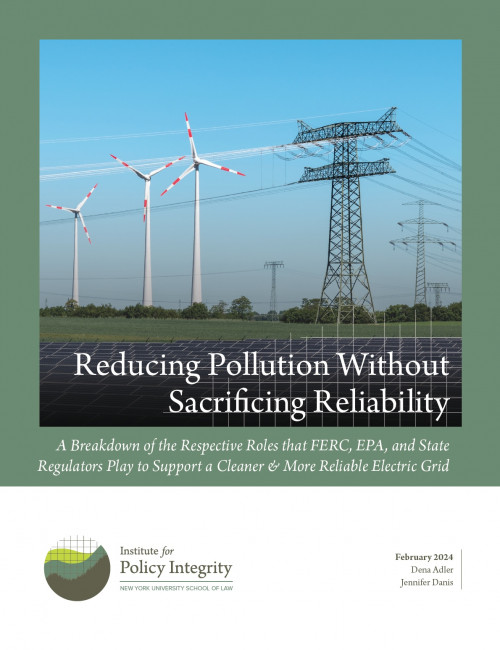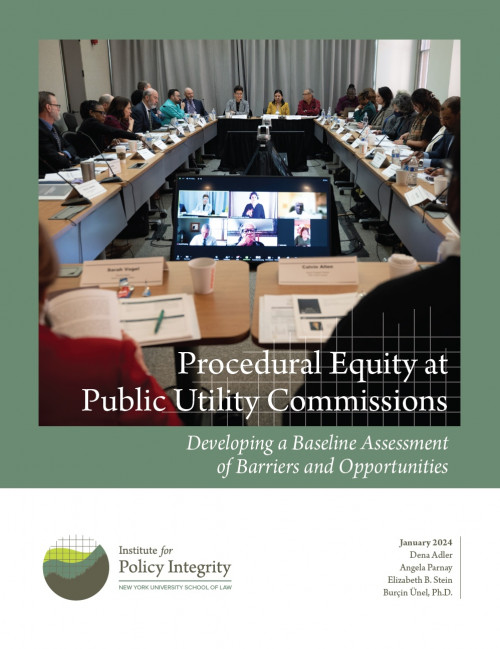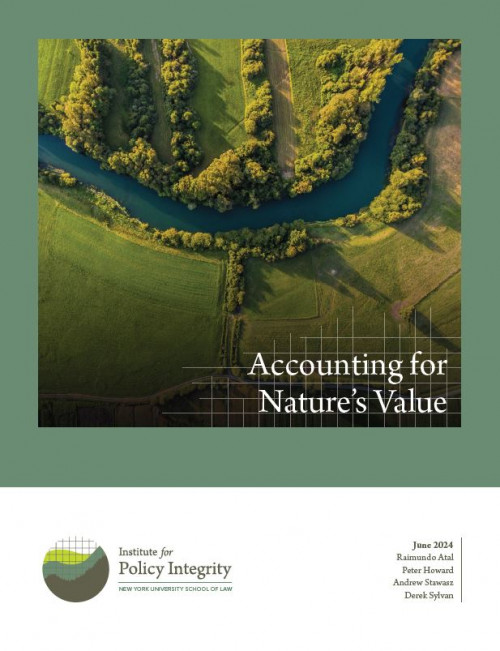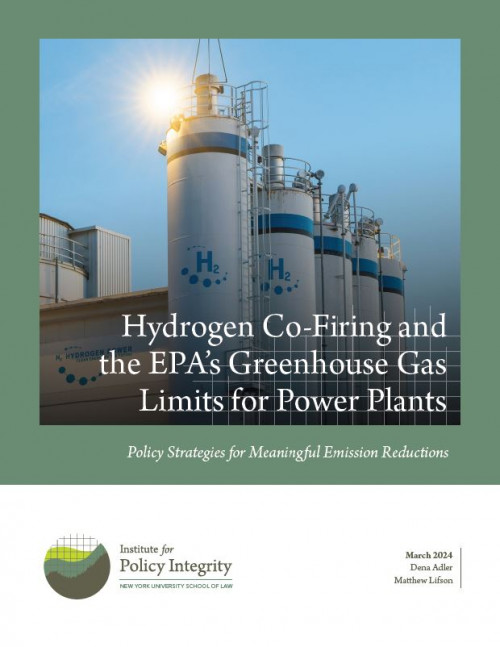-

Consensus on Carbon Dioxide Removal
A Large-Sample Expert Elicitation on the Future of CDR
Many analysts project that large-scale, widespread carbon dioxide removal (CDR) will be necessary to reach net-zero greenhouse gas emissions, and thereby stop exacerbating climate change before United Nations temperature limits are exceeded this century. However, concerns about costs, technological constraints, safety, environmental justice impacts, moral hazard, and other issues contribute to tremendous uncertainty about the future of CDR. Expert elicitation—the process of formally eliciting the views of relevant subject matter experts to gain insight on complex or uncertain topics—can theoretically help clarify consensus on CDR-related issues. We conducted an expert elicitation on issues related to CDR, surveying an interdisciplinary group of 699 researchers who had published at least one article on CDR in a leading academic journal.
-
Accounting for Nature’s Value
National accounts—which measure a country’s aggregate economic activity, including Gross Domestic Product (GDP)—largely ignore natural capital and ecosystem services. This omission occurs because national accounts heavily rely on market transactions to identify and value economic activity, whereas ecosystems’ contributions occur most commonly outside markets. This leads governments, businesses, and decisionmakers to ignore or misidentify some sources and uses of their income and wealth, skewing their decisionmaking. Recognizing these shortcomings, many countries, including the United States, are increasingly moving towards Natural Capital Accounting (NCA), a system of measuring natural capital and ecosystem services in a way that allows for their integration with national accounts. In this report, we provide an overview of NCA for non-economists.
-
Hydrogen Co-Firing and the EPA’s Greenhouse Gas Limits for Power Plants
Policy Strategies for Meaningful Emission Reductions
In May 2023, EPA proposed new limits for carbon dioxide emissions from fossil fuel-fired power plants. The proposed rule reflects a decade of careful development from EPA and embraces an approach consistent with the Supreme Court’s ruling in West Virginia v. EPA. In order to follow that approach, EPA based the limits for certain natural gas-fired turbines on the emission reductions achievable through hydrogen co-firing (i.e., burning a blend of natural gas and hydrogen). Unlike fossil fuels, hydrogen does not release CO2 when burned, but producing hydrogen can cause significant greenhouse gas (GHG) emissions depending on how its produced. Given these potential emissions, it is important to consider what type of hydrogen a power plant will co-fire with—otherwise this approach to reducing emissions could exacerbate climate change. This report explains the role of hydrogen co-firing in EPA’s proposed rule, discusses how EPA should design its final rules to achieve the specified GHG-reduction goals, and highlights additional actions that EPA and other regulators can take to further minimize the emissions (and the resulting climate harm) from hydrogen co-firing.
-

Reducing Pollution Without Sacrificing Reliability
A Breakdown of the Respective Roles that FERC, EPA, and State Regulators Play to Support a Cleaner & More Reliable Electric Grid
Multiple federal and state regulators must coordinate their efforts to ensure electric grid reliability, particularly during a period of major transition, and it is important to understand what role each of them plays. This report reviews the respective roles of FERC, RTOs/ISOs, other transmission operators, state public utility commissions, and state environmental regulators. EPA’s duty to reduce GHG emissions that endanger public health and FERC’s duty to steward grid reliability will require them to coordinate each other’s respective expertise as they work with RTOs/ISOs, state regulators, and utilities to implement EPA rules.
-

Procedural Equity at Public Utility Commissions
Developing a Baseline Assessment of Barriers and Opportunities
Combatting climate change will require major transitions in the energy sector. In the United States, state-level entities like public utility commissions play a key role in this transition. Commissions help decide where and when clean energy displaces fossil-fuel combustion, and how costs associated with energy system investments are passed on to consumers, so their actions can affect emissions outcomes as well as the health, energy, environmental, and affordability burdens faced by disadvantaged communities. Although many Commission processes incorporate some form of stakeholder input or participation, it is often difficult for the public to participate due to the technical and complex nature of these proceedings. These challenges present a procedural justice issue. In this report, we reviewed a range of practices for enhancing procedural justice at Commissions in nine states. This review was based on a structured survey of Commissions’ websites, resources available to prospective participants, and relevant statutes and regulations.
Viewing all publications in Research Reports


